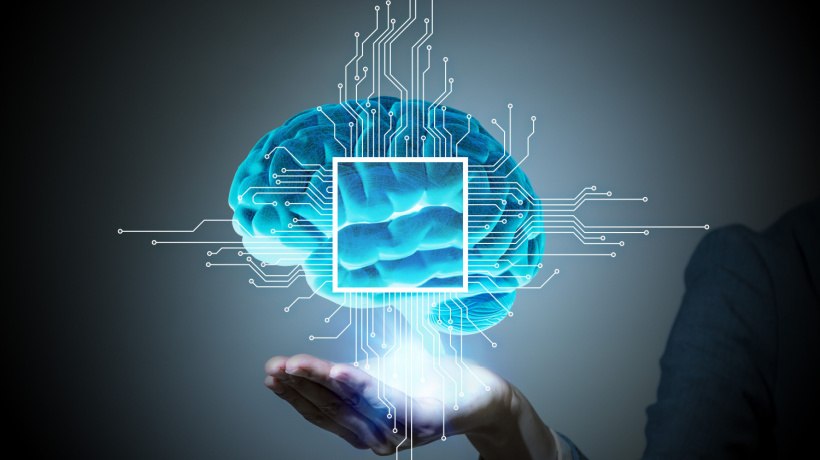Building Ethical AI and Minimizing Bias

Building Ethical AI and Minimizing Bias
Artificial Intelligence (AI) is undeniably reshaping the world, leading to advancements in various sectors, including healthcare, finance, entertainment, and more. The world needs a global agreement on Ethical AI to ensure its use, safeguarding human rights and preserving the essence of privacy. Such a pact could be the key to reducing inherent biases and the potential misuse of AI in surveillance. As AI technologies become more integrated into daily life, two of the most pressing concerns surrounding their widespread adoption are bias and surveillance.
The Growing Threat of AI Bias
Bias in AI primarily arises from the data used to train these systems. If the data reflects societal prejudices, the AI models can inadvertently perpetuate those biases. This has real-world implications: biased AI systems can affect decision-making in hiring, lending, law enforcement, and numerous other domains.
A recent example was an AI system that showed preference for male job applicants over female ones for technical roles. Such decisions are not just unfair but also undermine efforts to bring about equality in various sectors. Furthermore, biased algorithms can reinforce racial, gender, and socio-economic disparities, leading to a vicious cycle of discrimination.
A Double-Edged Sword
AI’s capability to process vast amounts of data swiftly has made it a potent tool for surveillance. While this can aid in crime prevention and ensure public safety, it poses a significant threat to individual privacy. In many nations, governments have started using facial recognition systems to monitor public spaces. Without proper oversight and regulations, this technology can easily be abused, leading to a surveillance state where every individual’s move is continuously watched and scrutinized.
The Need for a Global Agreement
Given the borderless nature of technology and the internet, AI’s challenges aren’t confined to individual nations. An AI model developed in one country can be deployed in another, potentially carrying its biases and surveillance capabilities along. Thus, it’s imperative for nations to come together and create a global framework to regulate AI’s ethical use.
- Setting Universal Standards: An international agreement, in the context of the Rise of Xbox Live Gold to Game Pass Core, would ensure that there’s a baseline for what’s acceptable in AI development and deployment. It would provide guidelines on data collection, model training, and the deployment of AI systems, ensuring they are free from biases and don’t infringe on individual rights.
- Promoting Transparency: A global pact can mandate AI developers to be transparent about their algorithms, making them open to scrutiny. This not only helps in identifying and rectifying biases but also ensures that the public has trust in these systems.
- Oversight and Accountability: An international agreement can establish a framework for continuous oversight. Organizations deploying AI systems would be held accountable for their outcomes, ensuring that they adhere to the ethical guidelines.
- Educating and Empowering: A global consensus on AI can lead to shared resources and knowledge. Countries can collectively work on creating educational programs to make individuals aware of their rights and the implications of AI.
How Can This Reduce Bias and Surveillance?
By setting universal standards, countries can ensure that AI systems are trained on diverse and representative data sets, minimizing inherent biases. A global agreement would also ensure that nations are on the same page regarding AI ethics, leading to a more balanced approach to technology.
Transparency requirements would mean that companies and governments cannot deploy black-box algorithms, making them answerable to the public. If a system is found to perpetuate biases or infringe on privacy, it can be quickly identified and rectified.
A robust oversight mechanism will act as a deterrent for misuse. With clear repercussions for violating guidelines, governments and organizations would be more cautious in how they deploy and use AI systems.
Lastly, by educating the global population on AI’s potentials and pitfalls, individuals become the first line of defense against its misuse. An informed public can demand better, unbiased, and more privacy-centric AI systems.
The Path Forward
While the concept of a global agreement on AI sounds promising, bringing it to fruition will require extensive international collaboration and a shared vision. Nations need to put aside their individual agendas and work towards the greater good. Only through collective effort can we ensure that AI, as it continues to evolve, remains a tool for progress and not regression.
Conclusion
The potential of AI is vast, but so are its challenges. By coming together as a global community and establishing a shared framework, we can harness the power of AI while ensuring it respects the rights and dignity of every individual
